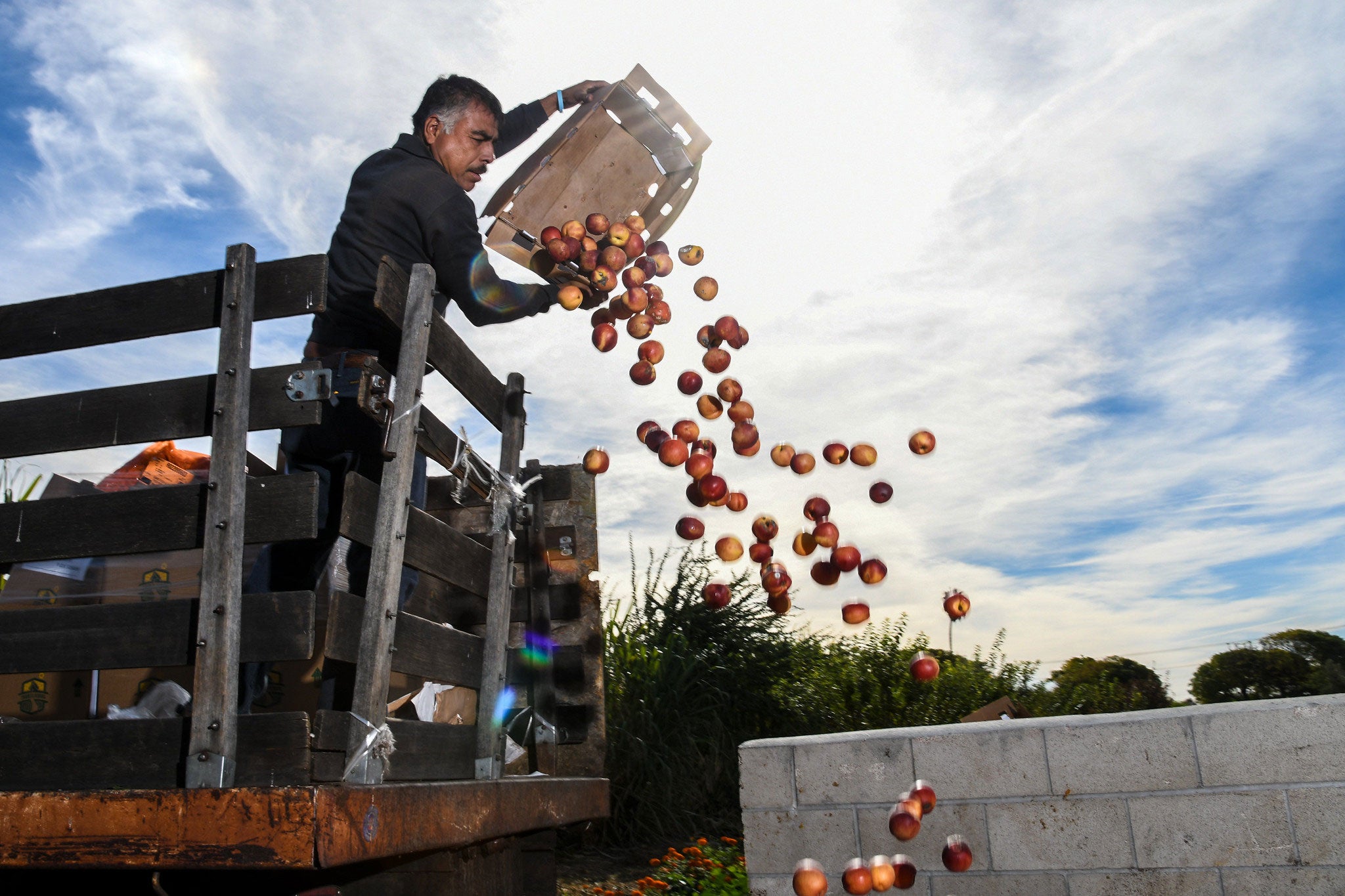In today’s fast-paced world, where convenience often takes priority over sustainability, Community Supported Agriculture (CSA) programs offer a refreshing way to connect with the food we eat, the farmers who grow it, and the communities we live in.
A CSA is a partnership between consumers and local farms, where members purchase a “share” of the farm’s harvest in advance, providing farmers with financial support and ensuring members receive fresh, seasonal produce throughout the growing season.
Here are five compelling reasons why supporting a CSA is not just beneficial — it’s essential.
1. Strengthening local economies
When you join a CSA, you’re directly investing in your local economy. Small farms can struggle to compete with larger-scale agriculture, and CSAs offer a reliable income stream that allows farmers to focus on producing high-quality food. Instead of your dollars going to distant stakeholders, they stay in your community, supporting not just the farmers but also the businesses they patronize, such as local feed stores, equipment suppliers, and farmers’ markets. This economic cycle creates a ripple effect, boosting the health of your local economy.

2. Access to fresh, seasonal food
One of the most immediate benefits of joining a CSA is access to fresh, nutrient-dense food. Unlike produce in grocery stores, which is often harvested early and transported thousands of miles, CSA vegetables and fruits are picked at peak ripeness and delivered shortly after. To me, the flavor difference is undeniable, and the health benefits are significant. You also get the opportunity to enjoy what’s in season, which encourages diverse eating habits and helps you reconnect with the natural rhythms of agriculture.
3. Reducing food waste and environmental impact
CSAs are an excellent way to minimize food waste. By committing to a share of the harvest, members help ensure that what’s grown is consumed, rather than discarded due to the cosmetic standards often imposed by grocery stores. Additionally, local food means fewer miles traveled, and many CSA farms also use sustainable farming practices, such as regenerative or natural gardening type methods, to attempt to reduce environmental impact.

4. Fostering a sense of community
Supporting a CSA is about more than just food — it’s about connection. Many CSA programs offer farm visits, volunteer opportunities, and events that allow members to meet the farmers and other members of the community. This connection fosters a sense of shared responsibility and gratitude for the work that goes into growing food. In a world where many of us feel increasingly disconnected, CSAs provide a tangible way to reconnect with others and with the land.
5. Supporting farmers and agricultural education
Farming is not just a job — it’s a way of life, and one that is becoming harder to sustain in the face of industrial competition, climate challenges, and fluctuating markets. By joining a CSA, you’re providing farmers with the stability they need to invest in their farms, innovate, and continue their work. Many CSA programs also include educational components, such as newsletters, recipes, and farming updates, which help members understand and appreciate the agricultural process.

A win-win for everyone
CSAs represent a win-win for farmers, consumers, and the planet. They create a more sustainable and equitable food system while offering a unique opportunity to engage with your community. Whether you’re drawn to the fresh produce, the environmental benefits, or the chance to support local farmers, joining a CSA is an investment in a better food future.
If you haven’t already, consider exploring CSAs in your area. Your commitment could make a world of difference — not just for you and your family, but for the farmers, the environment, and your community.
Michelle Miller, the Farm Babe, is a farmer, public speaker, and writer who has worked for years with row crops, beef cattle, and sheep. She believes education is key in bridging the gap between farmers and consumers.



